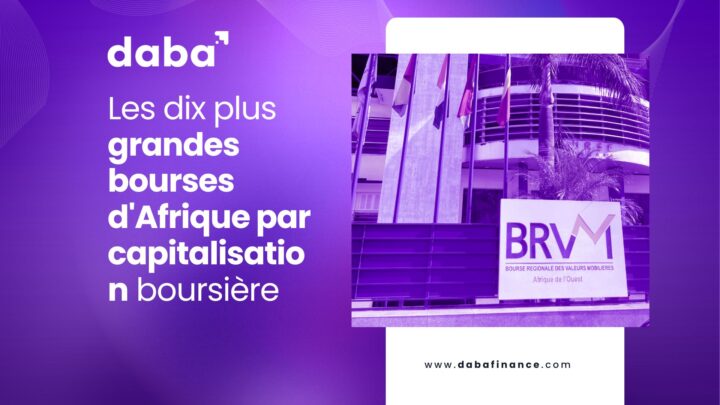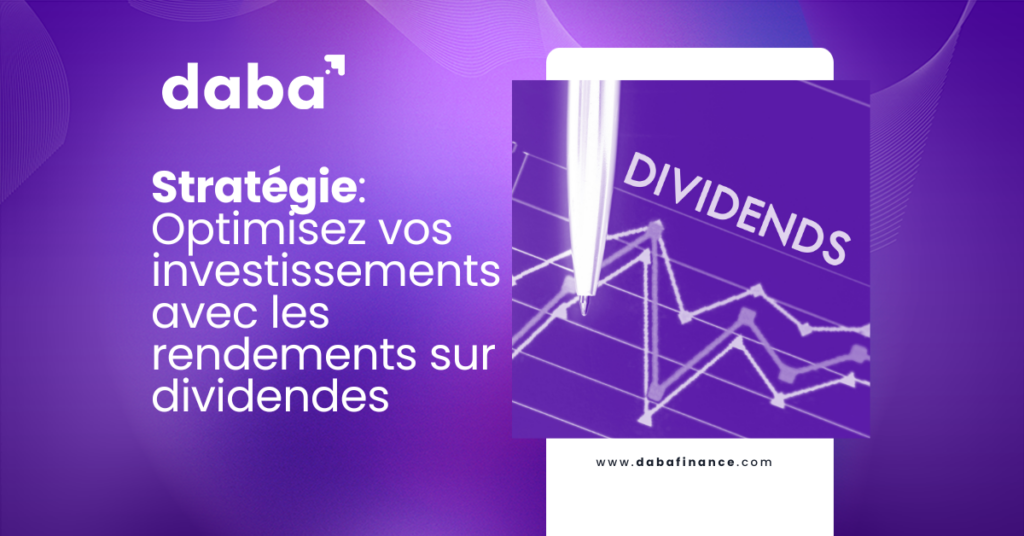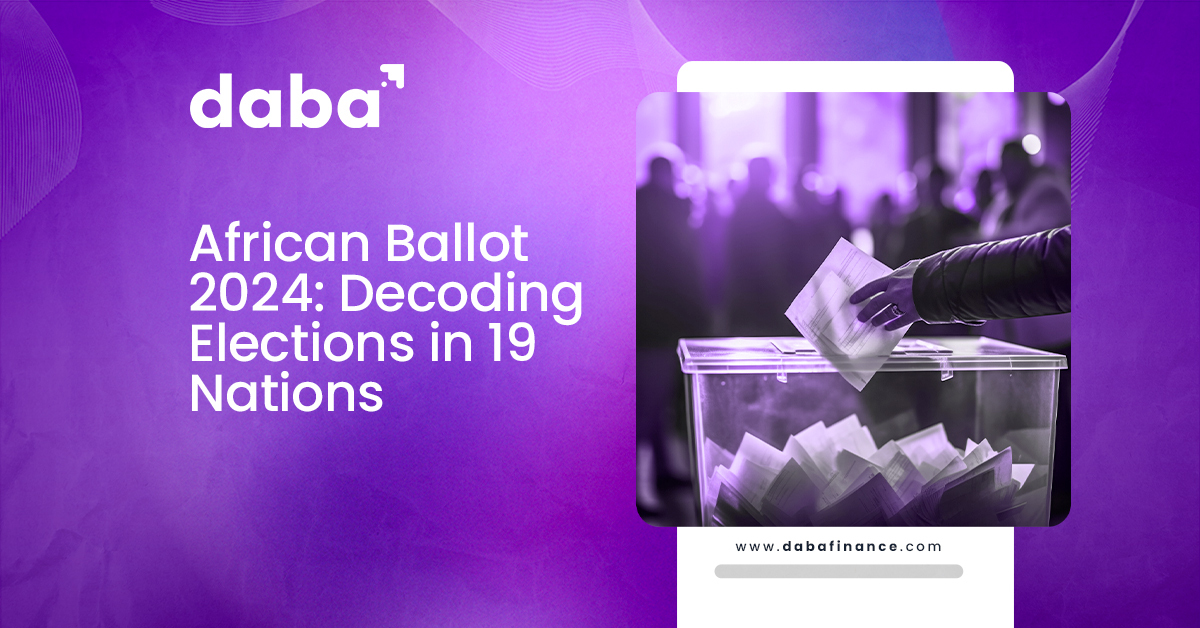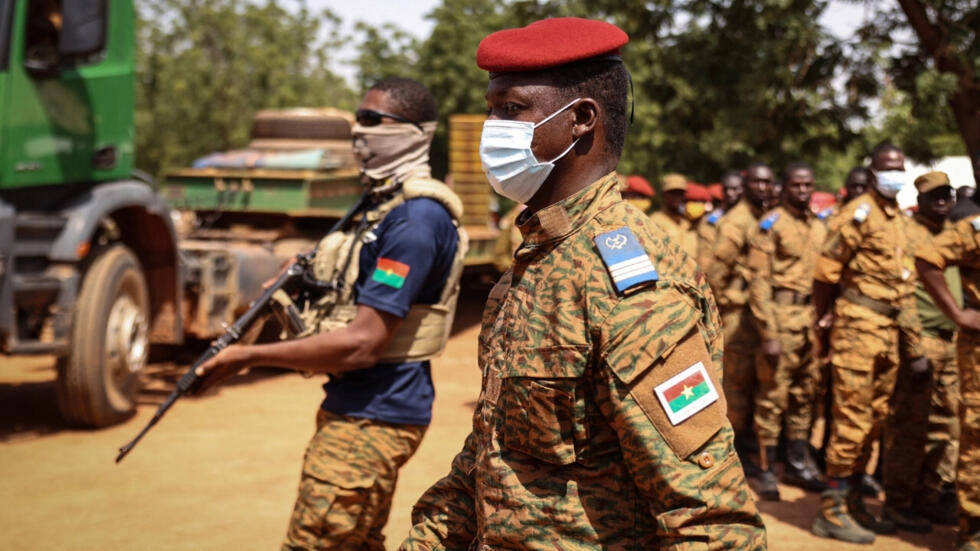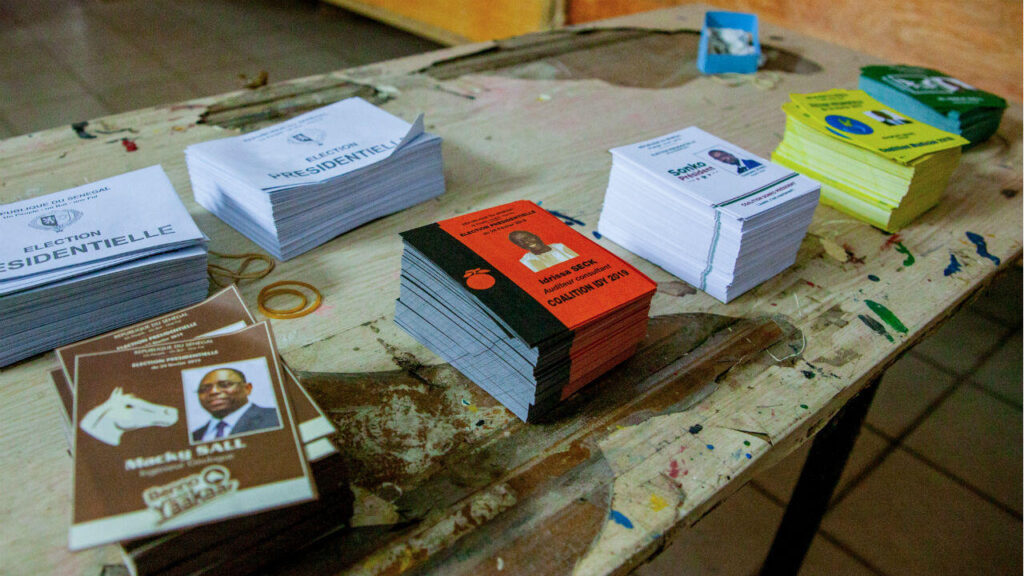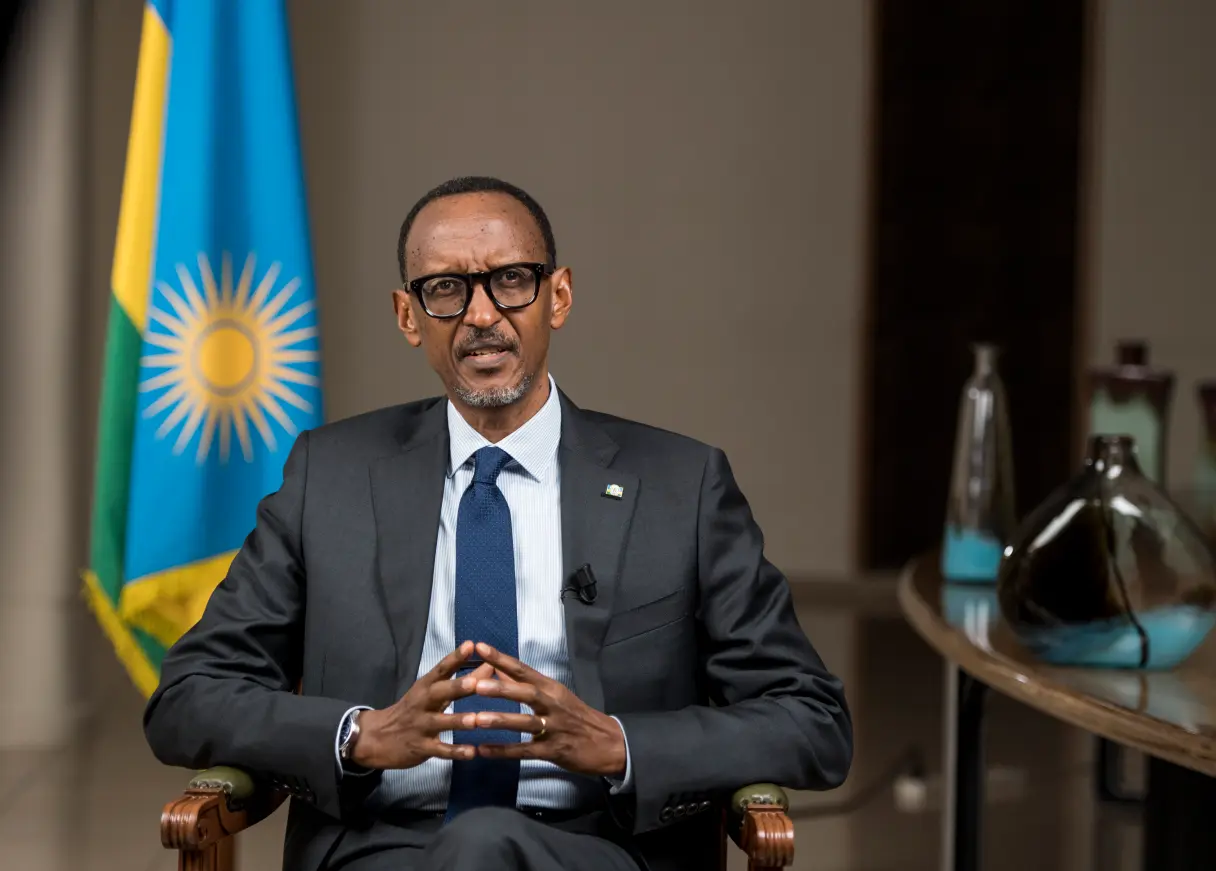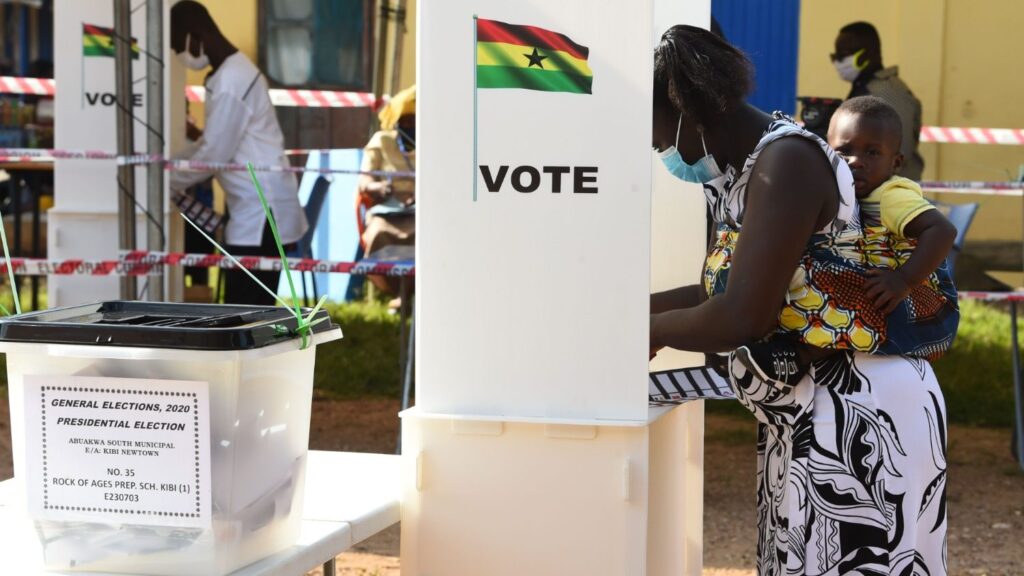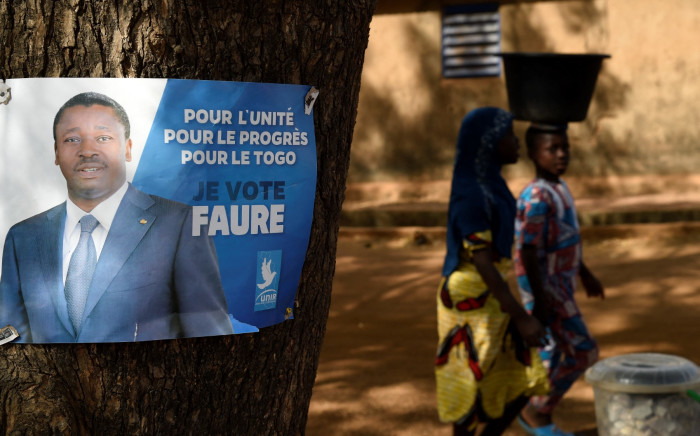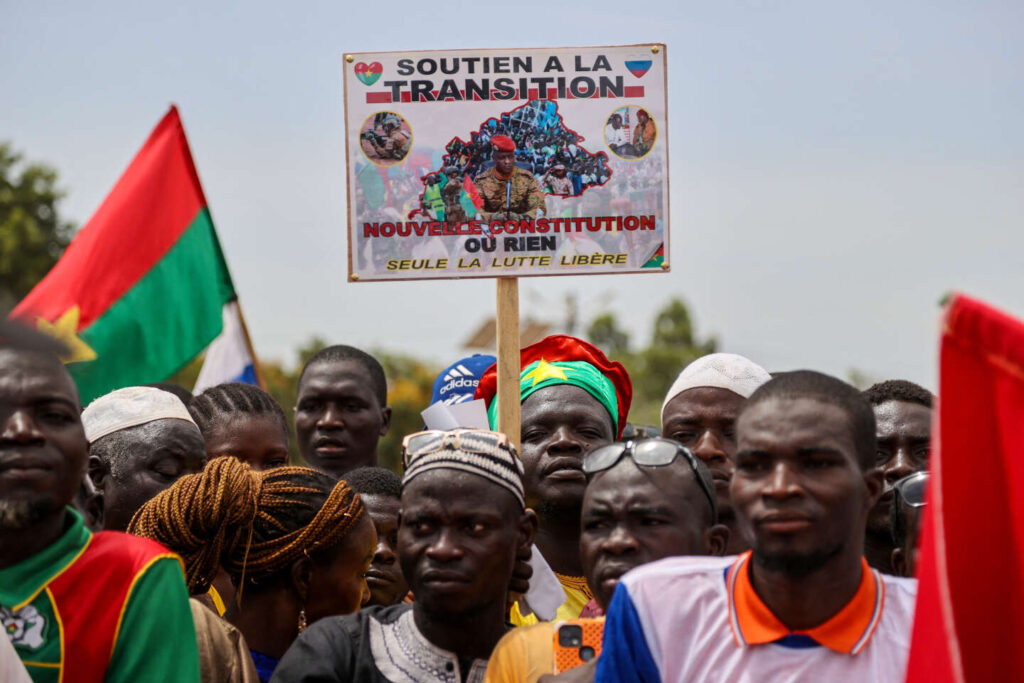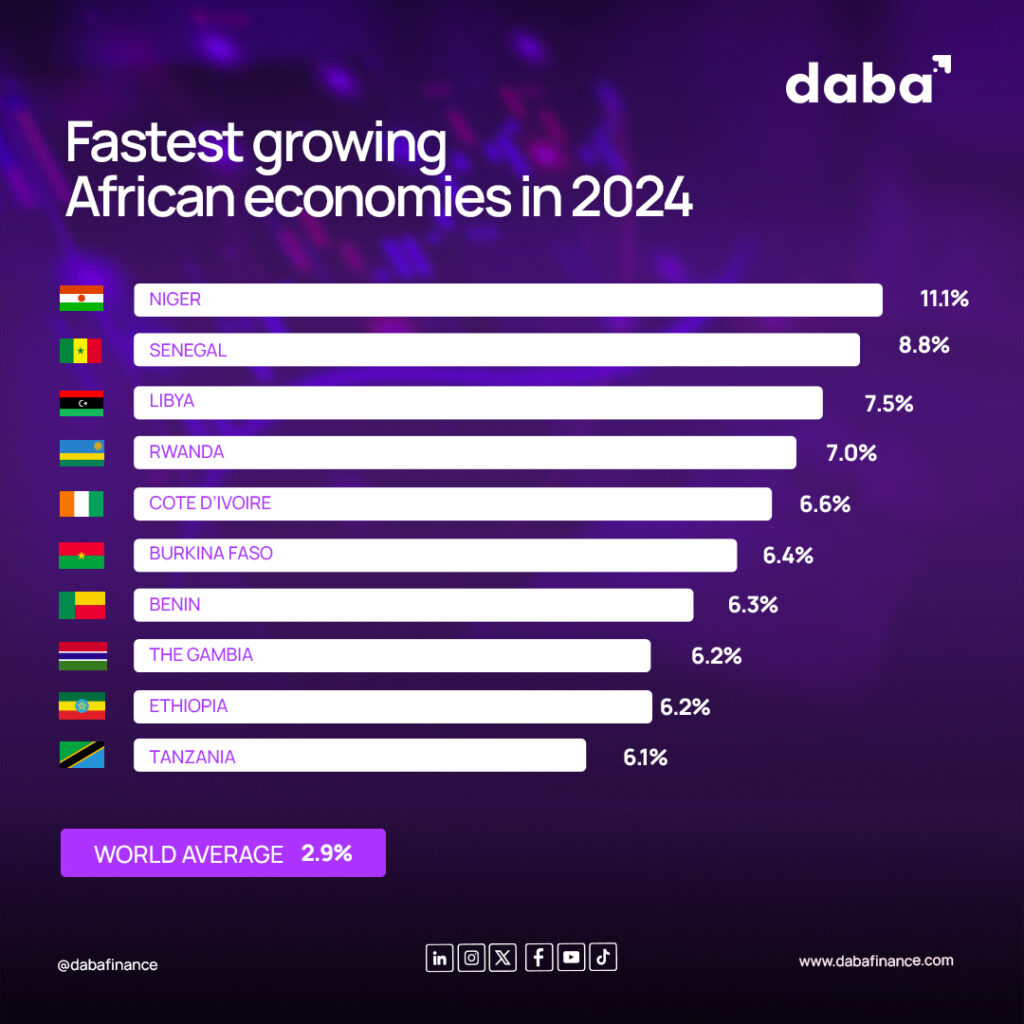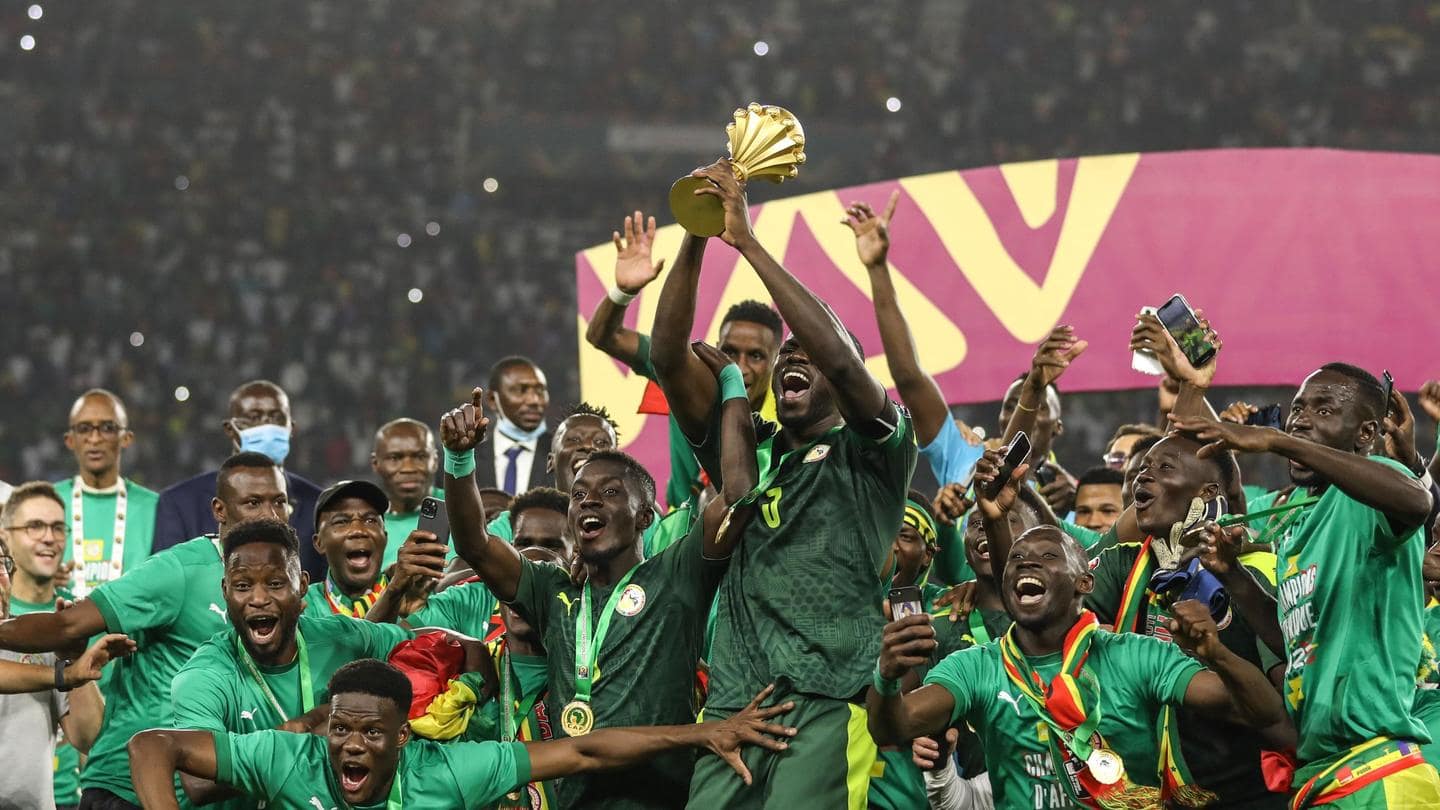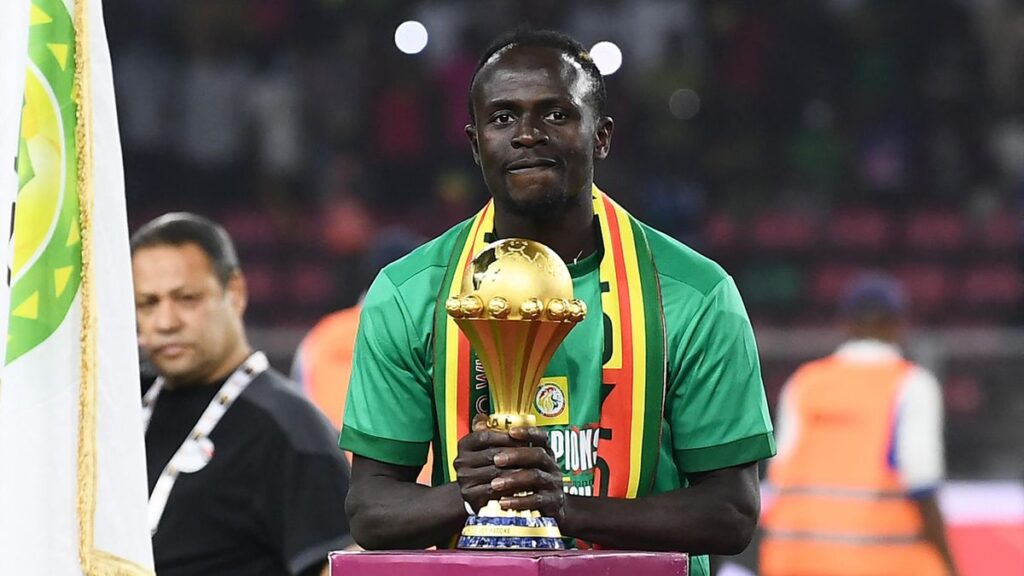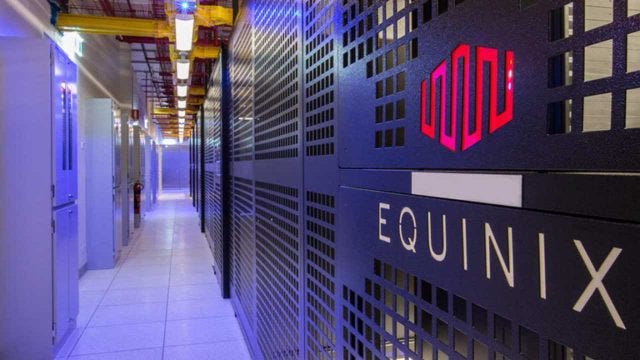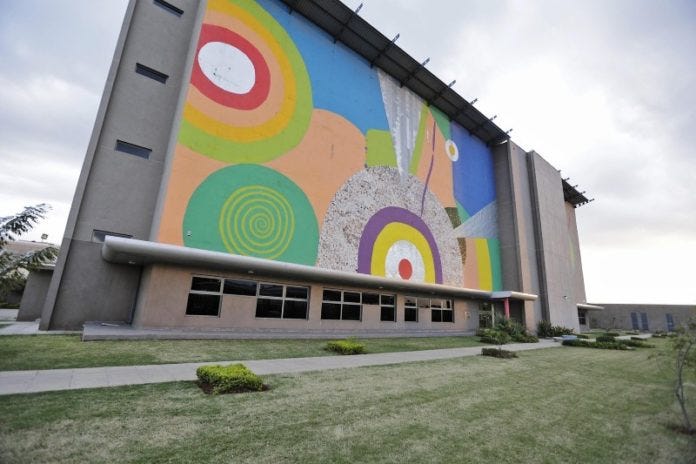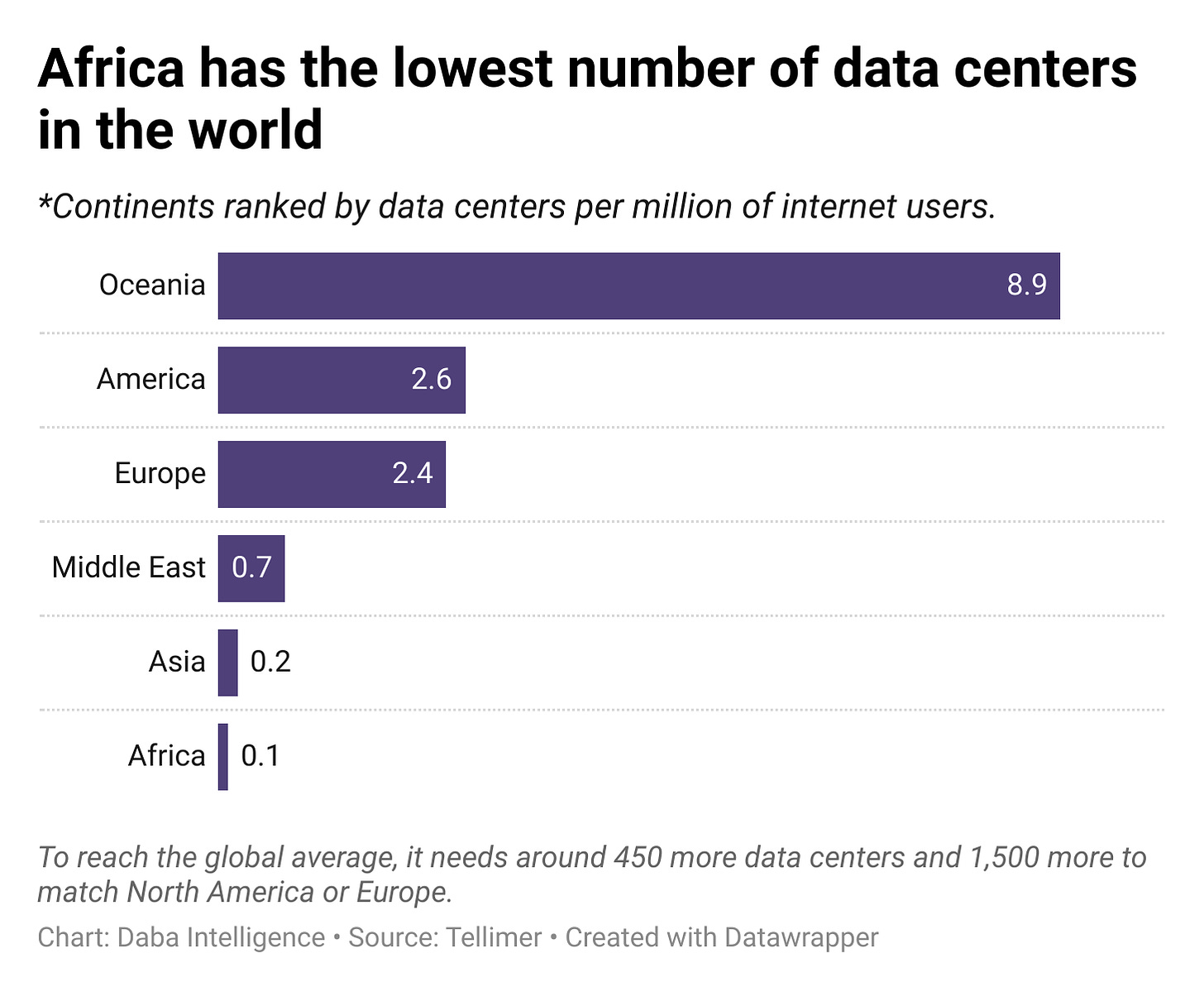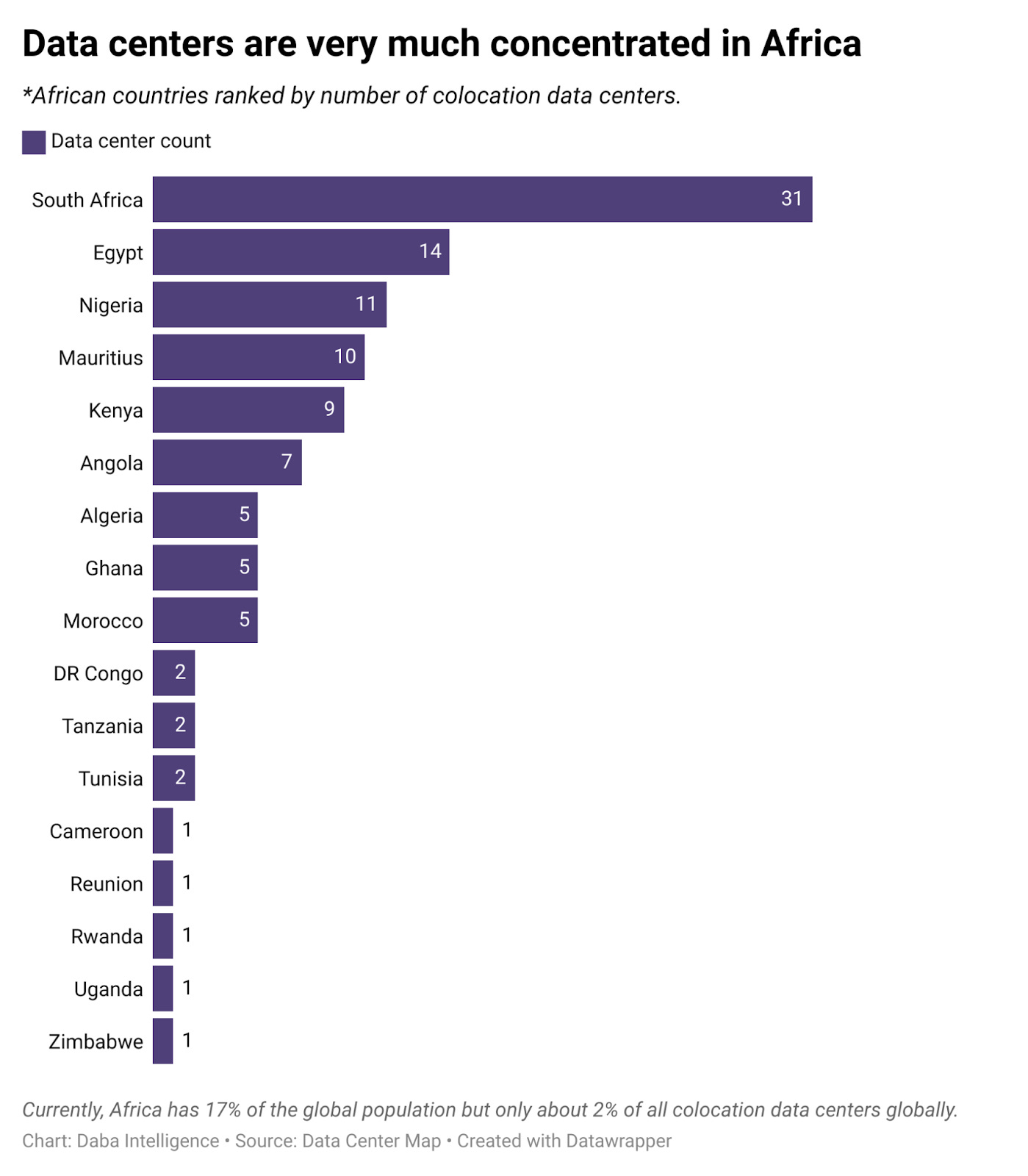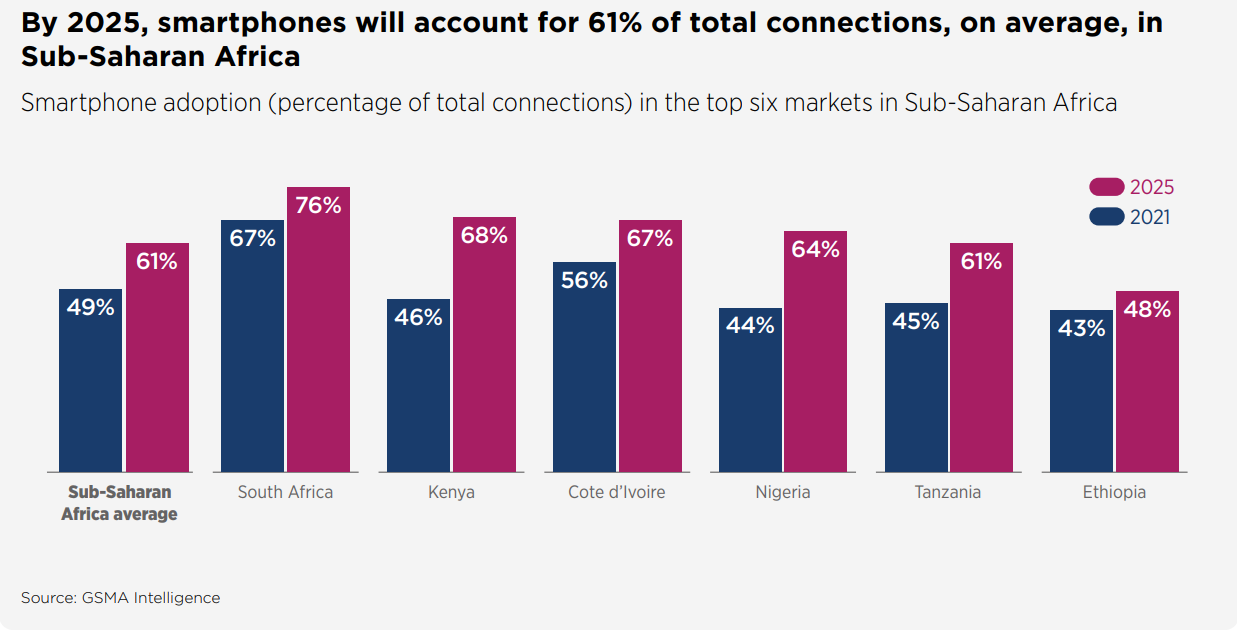Investir judicieusement votre argent est crucial pour atteindre la stabilité financière et la croissance. Au Ghana, il existe plusieurs moyens efficaces d’investir vos cedis. Ce guide vous expliquera quelques-unes des options d’investissement les plus accessibles et rentables disponibles.
Comptes d’Épargne
Un compte d’épargne est l’un des moyens les plus basiques et sécurisés de commencer à faire fructifier votre argent. Lorsque vous déposez de l’argent sur un compte d’épargne, la banque vous paie des intérêts pour conserver votre argent chez eux. Bien que les rendements puissent ne pas être substantiels, la sécurité et la liquidité offertes par les comptes d’épargne en font une option attrayante pour beaucoup.
Avantages :
- Faible risque
- Accès facile à vos fonds
- Les exigences de dépôt initial sont souvent minimes
Inconvénients :
- Taux d’intérêt plus bas comparé à d’autres options d’investissement
- Nombre limité de retraits gratuits par mois
Bons du Trésor
Les bons du trésor sont des titres de créance à court terme émis par le gouvernement via la Banque du Ghana. Ils sont un choix d’investissement populaire en raison de leur sécurité et de leurs taux d’intérêt relativement plus élevés par rapport aux comptes d’épargne. Les bons du trésor peuvent être achetés pour des périodes allant de 90 jours à 1 an, avec des taux d’intérêt variables.
Avantages :
- Sans risque car garantis par le gouvernement
- Peuvent être utilisés comme garantie pour des prêts
- Taux d’intérêt plus élevés comparés aux comptes d’épargne
Inconvénients :
- Périodes de maturité fixes
- Le rachat anticipé peut entraîner des pénalités
Comptes à Terme
Les dépôts à terme sont similaires aux bons du trésor mais sont offerts par les banques plutôt que par le gouvernement. En ouvrant un compte à terme, vous acceptez de prêter votre argent à la banque pour une période spécifiée à un taux d’intérêt fixe. Les termes peuvent aller de quelques mois à plusieurs années, et les taux d’intérêt varient en fonction du montant investi et de la durée.
Avantages :
- Faible risque
- Taux d’intérêt plus élevés que les comptes d’épargne
- Taux d’intérêt négociables pour les dépôts importants
Inconvénients :
- Pénalités pour retrait anticipé
- Les termes fixes limitent la liquidité
Investissement en Actions
Investir en actions implique d’acheter des parts de sociétés cotées en bourse à la Bourse du Ghana ou sur des marchés étrangers tels que les États-Unis et la BRVM.
Lorsque vous achetez des actions, vous devenez copropriétaire de l’entreprise et pouvez recevoir des dividendes en fonction de la performance de l’entreprise. Les actions offrent un potentiel de rendements élevés, mais elles comportent également des risques plus élevés.
Pour ceux qui souhaitent investir dans des actions étrangères cotées à la BRVM avec facilité et des conseils d’experts, Daba offre une plateforme qui simplifie le processus, offrant accès à une large gamme d’actions et des services de gestion d’investissement professionnels.
Daba offre une expérience conviviale pour les investisseurs et fournit des outils et des ressources supplémentaires pour l’investissement en actions.
Vous pouvez télécharger l’application d’investissement Daba depuis le Play Store. Si vous êtes utilisateur d’iPhone, vous pouvez également télécharger l’application d’investissement Daba depuis l’App Store.
Avantages :
- Potentiel de rendements élevés
- Participation dans les entreprises
- Revenus de dividendes
Inconvénients :
- Risque élevé en raison de la volatilité du marché
- Nécessite des recherches et une compréhension du marché
Lire aussi : Comment Investir dans les Marchés Boursiers Africains
Fonds Communs de Placement
Les fonds communs de placement regroupent l’argent de plusieurs investisseurs pour investir dans un portefeuille diversifié d’actions, d’obligations et d’autres titres. Gérés par des professionnels, les fonds communs de placement offrent une approche équilibrée de l’investissement, permettant aux individus de bénéficier de l’expertise professionnelle et de la diversification.
Avantages :
- Gérés par des professionnels
- La diversification réduit le risque
- Rendements potentiels plus élevés comparés aux comptes d’épargne
Inconvénients :
- Frais de gestion
- Risques de marché
Obligations
Les obligations sont des titres de créance émis par des entreprises ou le gouvernement, offrant des paiements d’intérêts fixes sur une période spécifiée. Investir dans des obligations est relativement sûr, surtout lorsqu’il s’agit d’obligations gouvernementales ou d’entreprises de haute qualité. Elles offrent un flux de revenus régulier et sont moins volatiles que les actions.
Avantages :
- Paiements d’intérêts réguliers
- Risque plus faible comparé aux actions
- Peuvent être utilisés comme garantie
Inconvénients :
- Rendements plus bas comparé aux actions
- Le risque d’inflation peut éroder le pouvoir d’achat
Lire aussi : Qu’est-ce que les Obligations et Pourquoi Devriez-vous Investir ?
Investissements Alternatifs : Startups et Fonds de Capital-Risque
Les investissements alternatifs tels que les startups et les fonds de capital-risque offrent le potentiel de rendements élevés en investissant dans des entreprises en phase de démarrage. Ce type d’investissement permet de soutenir des idées et des entreprises innovantes qui peuvent croître considérablement en valeur au fil du temps.
- Startups : Investir dans des startups signifie fournir du capital à de nouvelles entreprises en échange de capitaux propres. Cela peut être très lucratif si la startup réussit, mais cela comporte également un risque important car de nombreuses startups échouent.
- Fonds de Capital-Risque : Les fonds de capital-risque regroupent de l’argent de divers investisseurs pour investir dans un portefeuille de startups et d’entreprises en phase de démarrage. Ces fonds sont gérés par des capital-risqueurs professionnels qui ont l’expertise pour sélectionner des entreprises prometteuses et les aider à croître.
Pour ceux qui souhaitent explorer les investissements alternatifs, Daba propose une plateforme complète qui permet d’investir dans des startups à fort potentiel et des fonds de capital-risque.
Avec Daba, vous pouvez accéder à une sélection de choix d’investissement, soutenue par des recherches approfondies et une gestion experte, ce qui facilite la diversification de votre portefeuille et l’exploitation du potentiel de croissance des entreprises émergentes.
Avantages :
- Rendements potentiels élevés
- Opportunité de soutenir l’innovation et l’entrepreneuriat
- Gestion professionnelle dans les fonds de capital-risque
Inconvénients :
- Risque élevé en raison de l’incertitude du succès des startups
- Moins de liquidité comparé aux investissements traditionnels
La Diversification est Essentielle
Investir vos cedis au Ghana offre de nombreuses opportunités de faire fructifier votre argent de manière sécurisée et rentable.
Que vous préfériez la sécurité des comptes d’épargne et des bons du trésor ou les rendements potentiels plus élevés des actions et des fonds communs de placement, il existe une option d’investissement pour chaque tolérance au risque et objectif financier.
Pour ceux qui s’intéressent aux investissements en actions, Daba propose une plateforme complète pour vous aider à naviguer sur le marché boursier avec confiance et facilité.
Investissez judicieusement, diversifiez votre portefeuille et consultez des conseillers financiers pour maximiser vos rendements et atteindre vos objectifs financiers.


